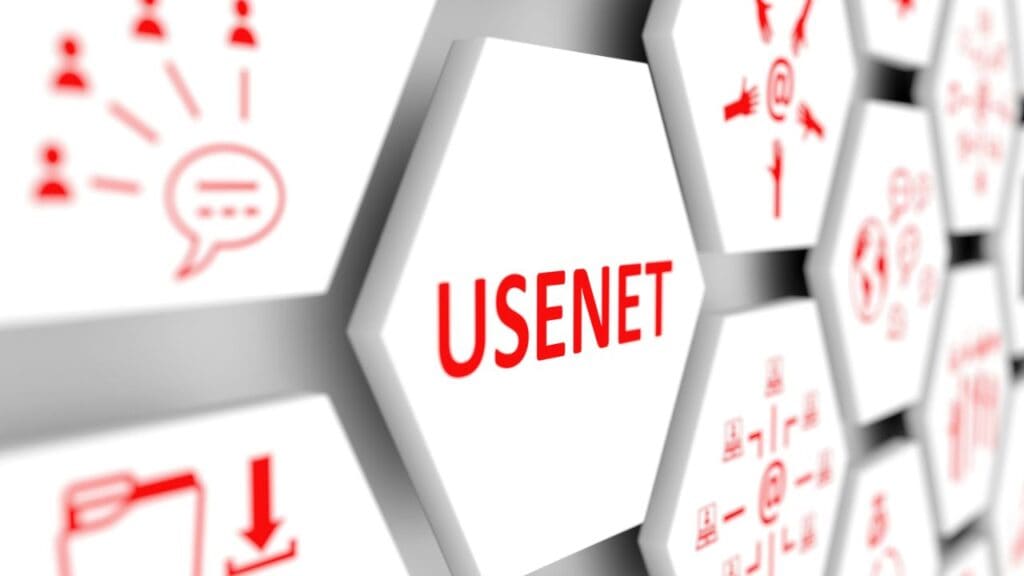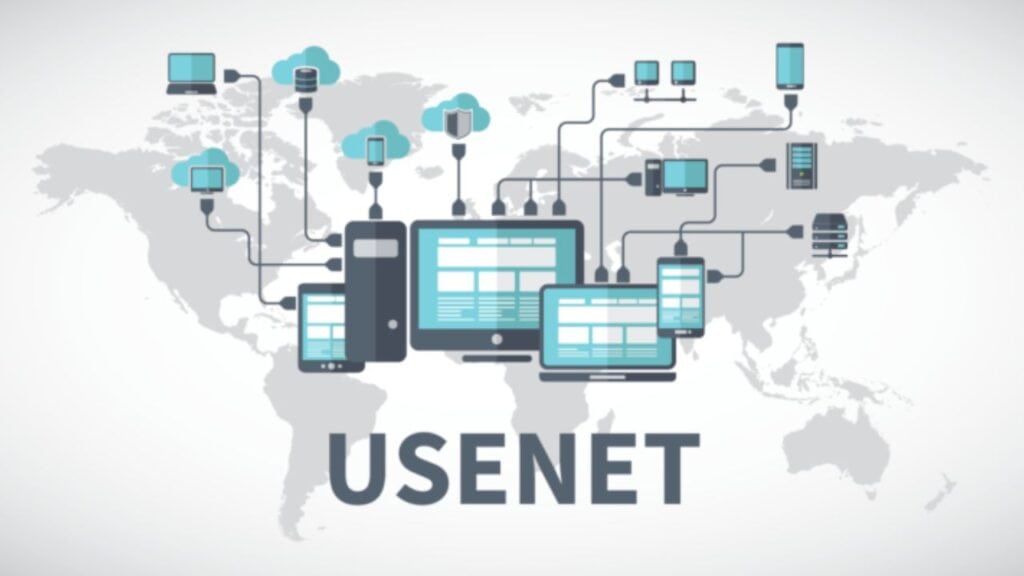Usenet serves as an expansive platform for users to engage in discussion and access a wide range of content generated by fellow users. To ensure a smooth and effective user experience on Usenet, it is crucial to carefully select the most suitable provider. This blog post aims to thoroughly examine the considerations involved in choosing the optimal Usenet provider.
We will delve into factors including server reliability, retention rates, customer support quality, and pricing plans so that you can confidently make an informed decision tailored to your individual requirements. By the conclusion of this guide, you will possess the necessary knowledge to identify a Usenet provider that aligns perfectly with your specific needs.

Understanding Usenet and Its Structure
Decentralized Network
Usenet operates as a decentralized network, with articles and files distributed across numerous dedicated servers worldwide. This unique structure differs from centralized platforms by offering redundancy and increased availability of content. The distribution process involves multiple servers, ensuring that data is stored on various hard drives for added reliability.
Central Control by Usenet Providers
In analyzing the infrastructure of Usenet, it is imperative to consider the role played by Usenet providers. These providers not only control the servers and network infrastructure but also hold significant responsibility in ensuring the seamless operation of the entire platform.
Usenet Providers and Their Importance
Server Cluster
Usenet is made up of a centralized server cluster, housing numerous servers that store the vast amount of Usenet articles. These servers are managed and maintained by Usenet providers, without whom Usenet would not be accessible.
Who are the Creators?
The development of Usenet in the 1980s by Tom Truscott and Jim Ellis has played a significant role in shaping this dynamic discussion platform. Their contributions have been instrumental in creating the vibrant and interactive community that exists today.
Usenet vs. Peer-to-Peer (P2P)
Difference between Usenet and P2P
In contrast to Peer-to-Peer (P2P) networks, where users rely on downloading files directly from other users, Usenet offers a distinct advantage. Users can download content from physical servers that are hosted and powered by dedicated Usenet providers. This centralized model guarantees faster and more reliable downloads for its users.
Benefits of Usenet Providers
Decentralization and Lack of Moderation
An essential strength of Usenet lies in its decentralized and unmoderated nature. This characteristic fosters an environment conducive to unrestricted discussions, promoting the principles of free speech and the exchange of valuable information across a diverse range of topics.

Choosing the Best Usenet Provider
Server Reliability and Retention Rates
When choosing a Usenet provider, it is of utmost importance to carefully evaluate their server reliability and retention rates. Opting for a dependable provider guarantees minimal downtime and continuous access to articles with consistency.
Download Speed and Completion Rates
Usenet provider performance is evaluated based on download speeds and completion rates. A high-quality provider will offer fast download speeds and excellent completion rates for files.
Customer Support
Effective customer support is crucial when dealing with any service provider. It is advisable to seek out Usenet providers that offer responsive and comprehensive customer support through various channels such as email, live chat, or phone. The availability of excellent customer support ensures prompt assistance whenever you encounter any issues or require guidance throughout your usage experience.
Pricing Plans and Features
Consider the pricing plans and features offered by Usenet providers. Compare their prices, account types, and additional features such as SSL encryption, multiple connections, and free trial periods. Choose a provider that offers competitive prices and the features you deem necessary for your Usenet experience.
Conclusion
When selecting a Usenet provider, it is paramount to consider various factors for an optimal and reliable user experience. These include server reliability, retention rates, download speeds, completion rates, customer support services as well as pricing plans. By gaining knowledge about the structure of Usenet and recognizing the significance of Usenet providers, individuals can make informed decisions that align with their particular needs. With a reputable Usenet provider at your disposal, you have the opportunity to fully appreciate the advantages offered by this decentralized and unmoderated platform while accessing an extensive array of files generated by users from diverse background.